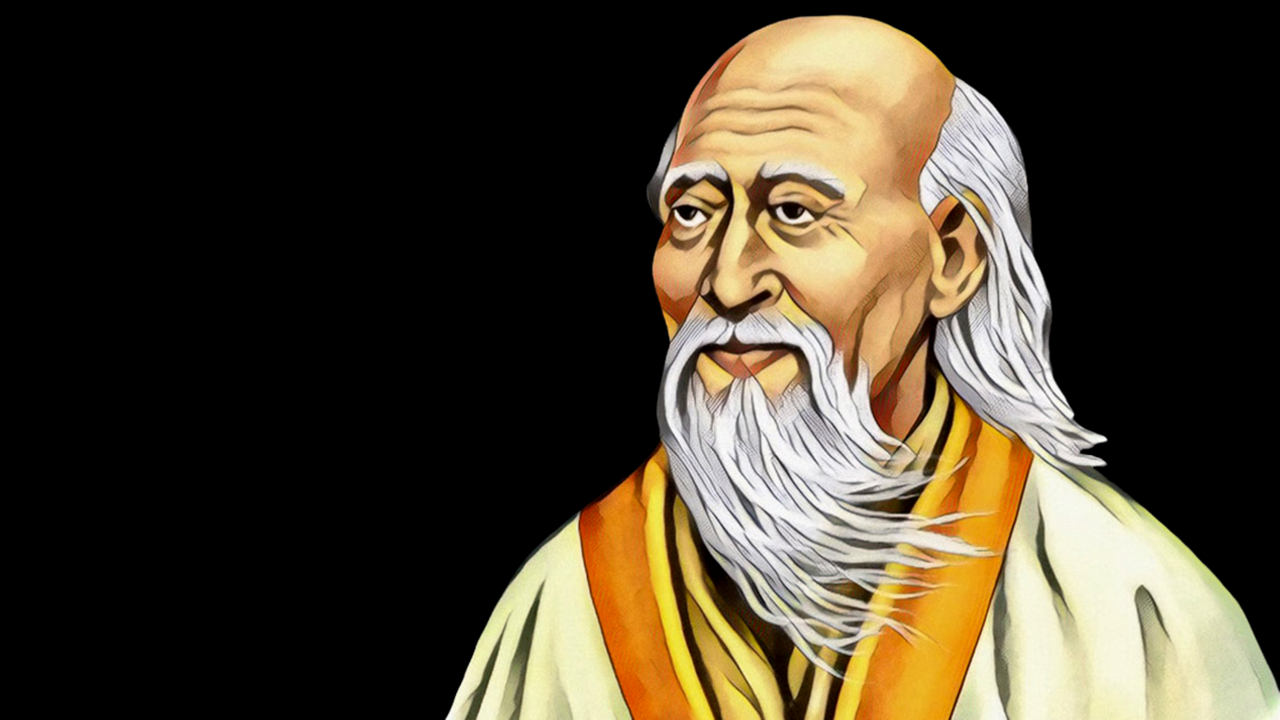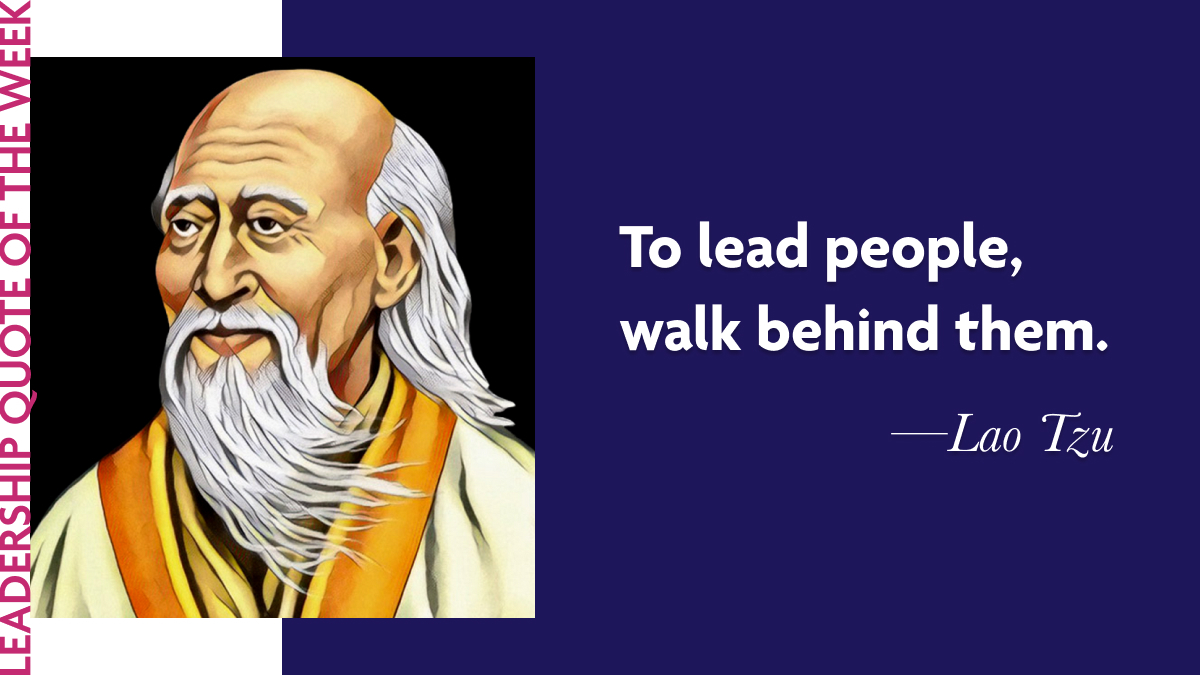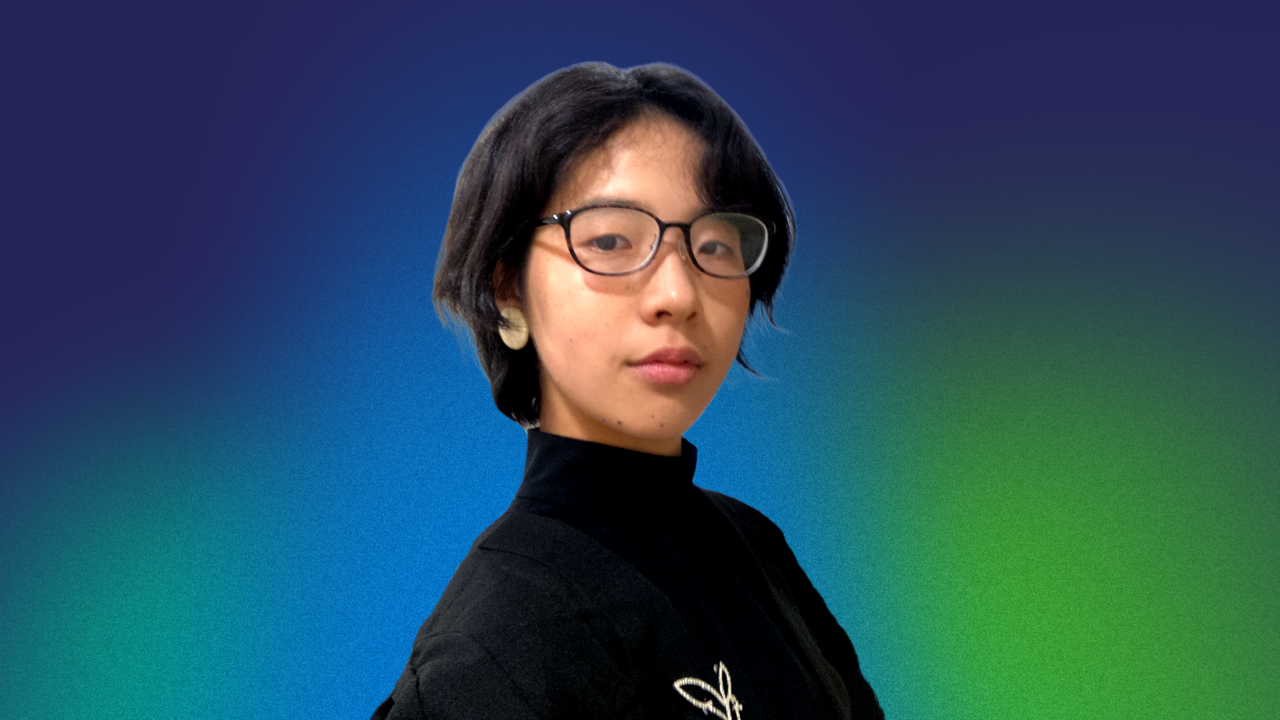To lead people, walk behind them.

Reflecting on last week's Scholar Spotlight with @Yuka Atsuchi from @Durham University, we are reminded of her valuable leadership lesson: “Leadership is not always about being a leader. I believe that it’s also [about] being a key member.” This idea is beautifully captured in the wisdom of Lao Tzu, who teaches us about the power of humble leadership.

The Journey of Lao Tzu
Lao Tzu, the ancient Chinese philosopher and writer, is best known as the author of the Tao Te Ching, a Chinese classical text and foundational work of Taoism (of which he is considered the founder). Born around the 6th century BCE, his teachings focus on living in harmony with the Tao, a principle that is considered by some to be the source and essence of everything. Lao Tzu’s wisdom has influenced countless leaders and thinkers throughout history.
Leadership Through Humility
Lao Tzu’s teachings encourage leaders to be selfless and nurturing, creating an environment where everyone feels valued and motivated. This view aligns with the Laidlaw values of being #Good, #Extraordinary, and #Curious. Good leaders prioritise the well-being and growth of their teams, seek extraordinary outcomes by empowering others, and remain curious and open to different perspectives.
As we reflect on Lao Tzu’s wisdom, as well as Yuka's learnings, let’s remember that leadership is not about seeking glory or recognition. It’s about fostering an environment where everyone can contribute their best, feel valued, and work towards a common goal.






Please sign in
If you are a registered user on Laidlaw Scholars Network, please sign in
I firmly agree, and this type of leadership feels very close to my heart. Trying to depend on recognition and seeking glory, is like using an artificial fog, which won't last in the long run to produce change in us or in others. What lasts is the legacy and impact left while working with the people that you have around.